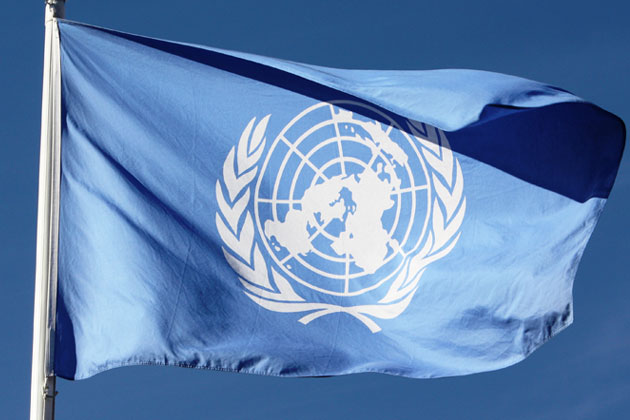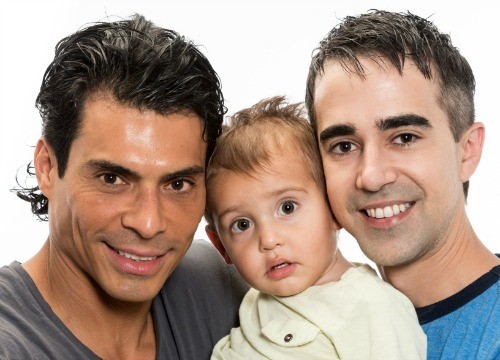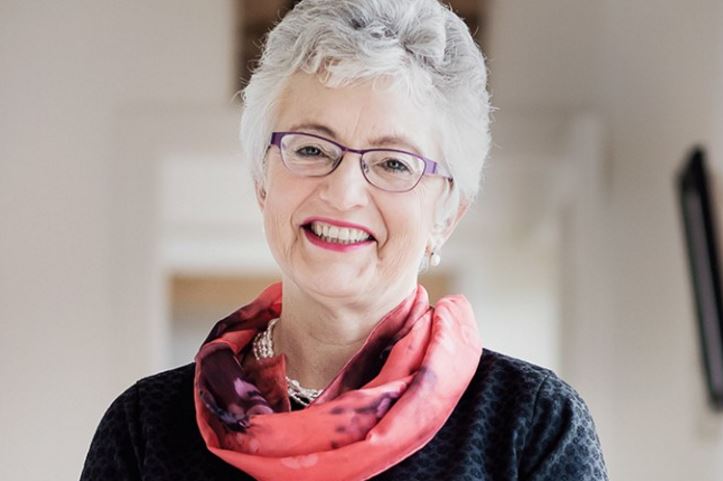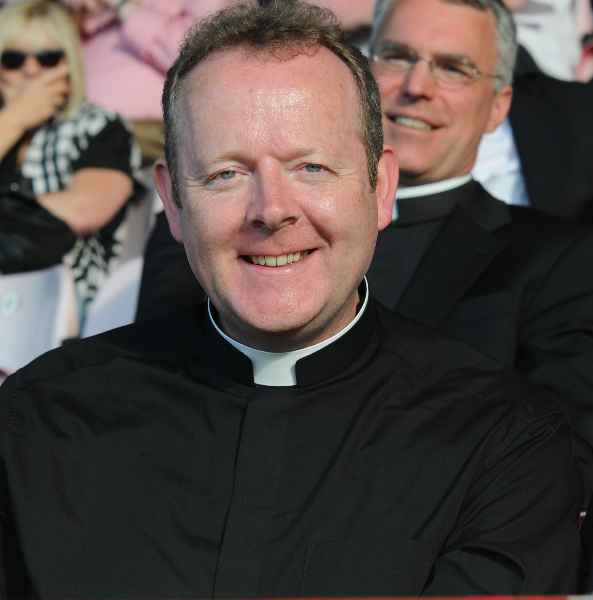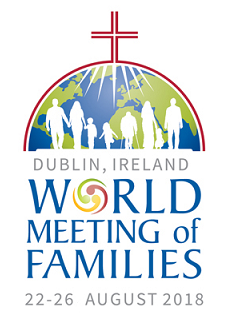Lawyers representing a Colorado cake artist filed their opening brief with the U.S. Supreme Court yesterday, arguing that the government cannot coerce him to create a cake that communicates a message with which he fundamentally disagrees. The case stems from Jack Philips’ polite refusal to design a cake for a couple celebrating a same-sex wedding. He said he would gladly make them any other type of baked item they wanted, but not something promoting a same-sex ceremony because of his faith.
In May 2014, The Colorado Civil Rights Commission ordered Phillips to design cakes that celebrate same-sex ceremonies if he designs cakes for opposite-sex ceremonies. It also required Phillips to re-educate his staff, most of whom are his family members—telling them that he was wrong to operate his business according to his faith. He was also required to report to the government for two years, describing the orders he declines and the reasons why.
“Nobody should be forced to choose between their profession and their faith,” said Kristen Waggoner, Senior Counsel for ADF, a global partner of ADF International. “Phillips gladly serves anyone who walks into his store, but, as is customary practice for many artists, he declines opportunities to design for a variety of events and messages that conflict with his deeply held beliefs. In this case, Jack told the couple suing him he’d sell them anything in the store but just couldn’t design a custom cake celebrating their wedding because of his Christian faith.”
Tolerance is a two-way street, and people should have the freedom to disagree on critical matters of conscience. The same government that can force Jack to violate his faith and conscience can force any one of us to do the same.”


